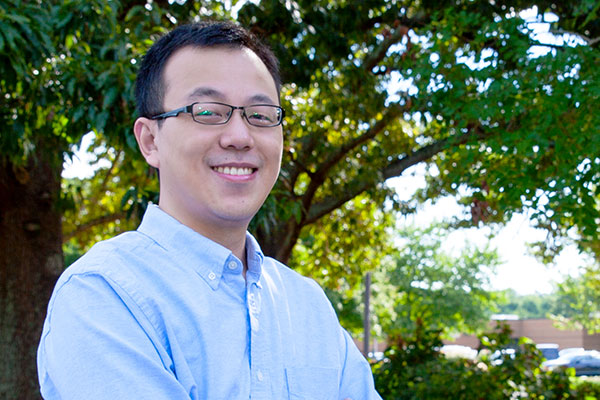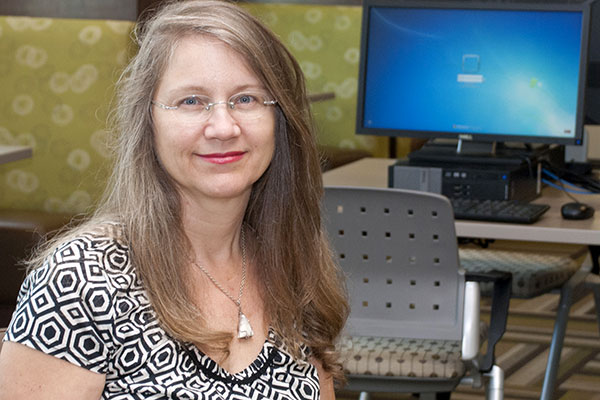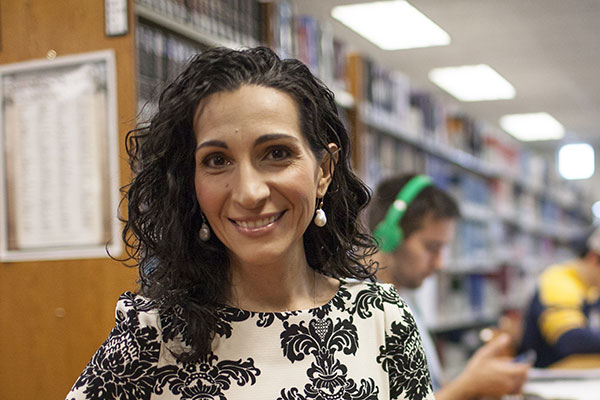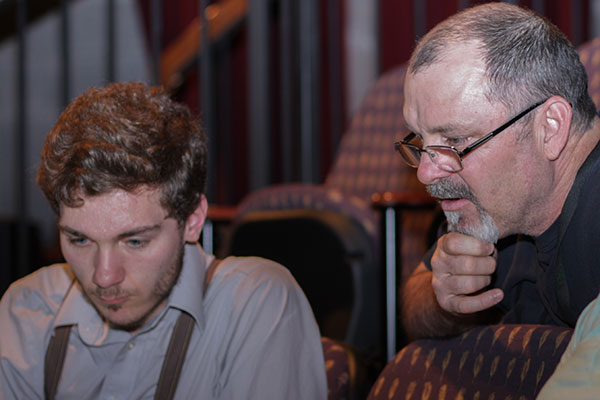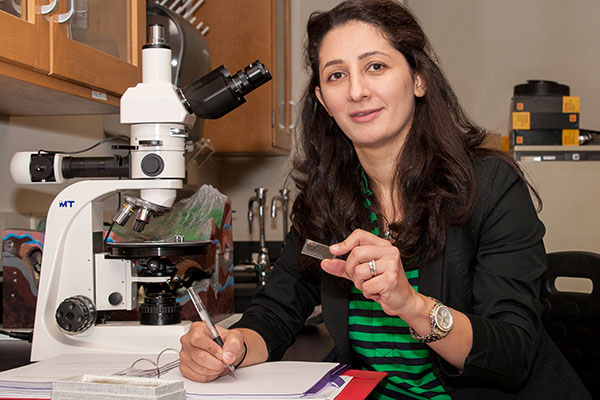Jared Oenick
Despite numerous challenges, Jared Oenick leads inside and outside of the biology labs on the University of North Georgia's (UNG) Dahlonega Campus with his goal of medical school never far from his mind.
Oenick was diagnosed with polycystic kidney disease as an infant and received his first kidney transplant at the age of 8 years old. The kidney lasted 10 years, and now he needs another kidney and a liver.
"My doctors thought it might be polycystic liver disease, but it was congenital hepatic fibrosis," Oenick said. "Not caused by anything I had done, it was just something uncontrollable I was born with."
Oenick, who anticipates a degree in biology with a minor in neuroscience May 2023, continues to be on kidney and liver transplant wait lists, waiting for a cadaver donor as he takes dialysis three times a week in Gainesville, Georgia.
When he transferred from Clayton State University in Morrow, Georgia, to UNG after finishing his freshman year, he was set on becoming a nurse anesthetist, something he thought would be "a good gig."
It was after he went on dialysis that he realized he wanted to do something along the lines of nephrology (kidney disease) or transplantation. Ideally, he'd like to do research in xenotransplantation, the transplantation of a genetically modified organ into humans, while practicing as a nephrologist.
"I saw all these people hooked up to these machines and I thought we should have a cure for this or a solution to this organ shortage crisis by now," Oenick said. "That's what inspired me to go from nursing to pre-med."
He remembers the moment vividly when he decided to change majors. He was in a room of transfer nursing majors and the question was asked if anyone was in the wrong room, and he raised his hand saying he should be with biology majors.
Oenick took the lead in UNG biology labs as one of 12 UNG students to have participated in a project funded by Faculty Undergraduate Summer Engagement research grants in 2022. He focused his research on phages, a virus that kills antibiotic-resistant bacteria, under the guidance of Dr. Alison Kanak, assistant professor of biology, and Dr. Ryan Shanks, professor of biology, to create a novel protocol for obtaining and isolating phage from the environment. This protocol uses resources from the current method and is intended for use in Honors Introduction to Biology and possibly other courses.
He has also taken the lead in several organizations and he's noticed a change in his leadership style.
"I just like to get things done. I want to be on top of things," he said. "I'm not good at delegating, but I'm learning to rely more on others."
Despite health concerns and grueling academic and work schedules, Oenick finds time for fellowship in a variety of student organizations.
"Sometimes I look at my life and wonder how I got here. I always knew I wanted to do medicine, but I never thought I'd be applying to medical school," Oenick said. "Dialysis was a turning point. When they told me I needed another kidney and a liver, I had to stop and evaluate my future plans. For some reason, instead of wallowing in getting down about it, it energized me even more. It's been quite the journey."
